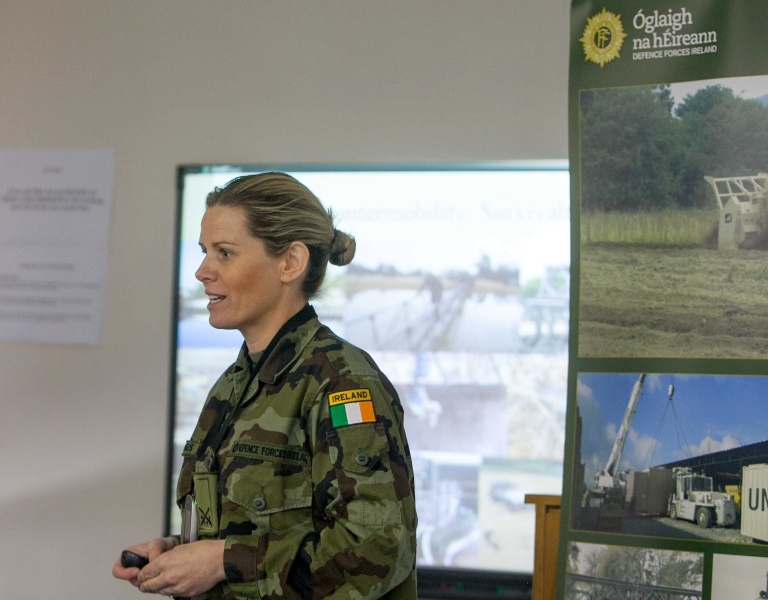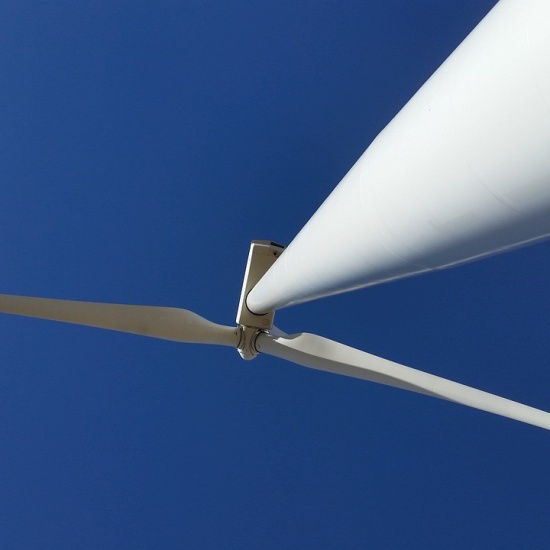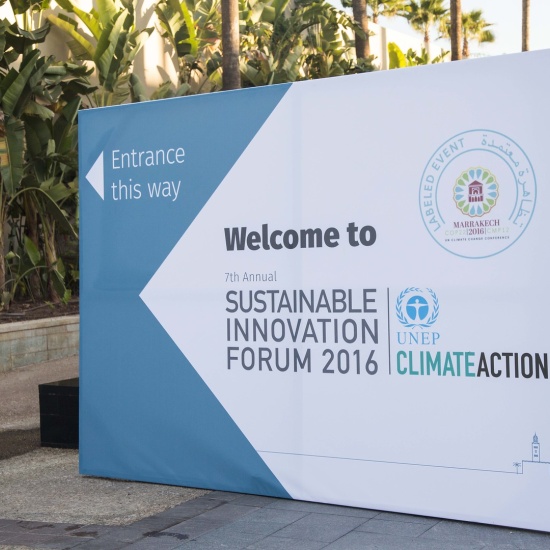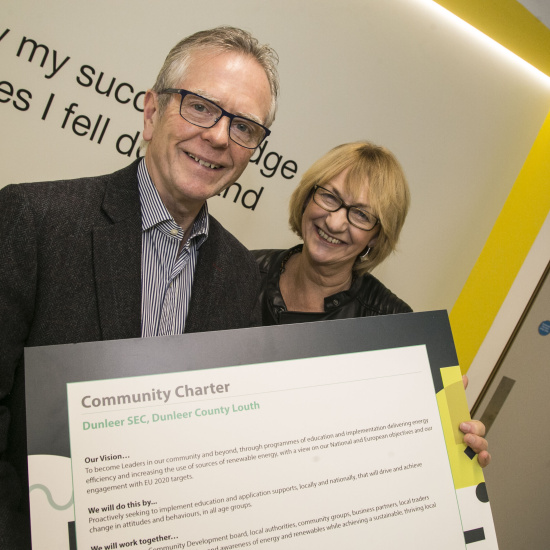Women Blazing a Trail in the Irish Energy Sector: Sharon McManus
To celebrate International Women's Day, for the next week we will be featuring women in the Irish energy sector who are contributing daily to Ireland's clean energy transition.
Today we are featuring Sharon McManus, Project Lead Research Technology & Innovation Feasibility at Irish Defence Forces

Q1 Tell us about your current role and how it relates to the energy sector.
I am currently working on a feasibility study to establish a research, technology and innovation capability for the Irish Defence Forces. This will mean embedding research and technology development into our organisational structures and creating collaborations with academia and industry to enhance our capabilities. It's also linked with European Defence initiatives such as the European Defence Fund and PESCO - Permanent Structured Cooperation. Energy and its usage is a key enabler of military capability, both at home and overseas, and is one of the areas in which the Irish Defence Forces has invested in recent years.
Q2. What inspired you to get into this area of work?
In 2005/2006 I was deployed both to Kosovo (the Balkans) in winter and Liberia (West Africa) in summer. In both missions I was responsible for energy production, transmission and distribution in the camps where we were deployed. Seeing the effects of extreme weather on the 'grid', the pressures to keep a constant, quality supply of energy to the mission and observing how energy was a precious commodity in the regions in which I was deployed piqued my interest in studying energy engineering. I undertook an MEngSc in Sustainable Energy in UCC from 2006 - 2008.
Q3. What is your professional background?
I joined the army as a cadet in 1996 and have worked in Defence since then. I was initially commissioned to the Artillery Corps and after completing a degree in civil engineering in NUIG I transferred to the Corps of Engineers where I have worked as a Combat Engineer (bridging, mine clearance, explosive demolitions, overseas deployed camp maintenance etc), Maintenance Engineering (maintenance of lands and buildings of the Defence Forces) and Energy Engineering (implementing an energy management strategy for the Defence Forces which achieved ISO 50001 for the organisation. From 2015 - 2017 I spent two years working with the European Defence Agency in Brussels where I lead Energy R&D projects and a consultation forum assisting European Armed Forces to develop Sustainable Energy strategies.
Q4. What do you enjoy about your current role?
If you want variety, adventure, responsibility and to be part of a team I would highly recommend the Defence Forces as a career. Working in the DF gives you opportunities that you would never otherwise get to experience. For example as part of my work in the EDA I visited Mali where I oversaw the installation of a pilot project to reduce energy usage in a Malian Armed Forces training camp - this was a demand management system integrated with renewables and climate sensors. I also examined the water usage and the impact on local water supplies and introduced mitigation measures to reduce the camp usage. My time with the European Defence Agency in Brussels showed that our varied and widespread experience means that we are able to contribute to many agendas and can add value to organisations with multi-faceted objectives. And working on energy projects, especially in developing countries or countries with armed conflict can have a real impact on the local population.
Q5. How does your role impact people/society?
Climate change and the misuse of precious energy resources affects us all. In my sector, the Defence sector, I have an opportunity to change mindsets, implement technical solutions and contribute to European climate goals.
Q6. What do you hope to achieve in the future?
I would like to see the further development of research, science, technology and innovation capabilities in the Defence Forces and that energy would continue to be a key area of interest in this regard for the Irish Defence Forces.
Q7. What advice would you offer women hoping to join this sector?
Go for it. My experience in energy has also been through the lens of the defence sector and so is different from the 'normal' paths. As an Energy professional your tasks take you beyond most domains and ensure that you interact cross-sectorally which exposes you to many opportunities. The European Green Deal is going to open up this sector even more over the next 7 years. There is a lot of work to be done both at policy level and technically in Ireland and this sector needs motivated, committed people to address the challenges



